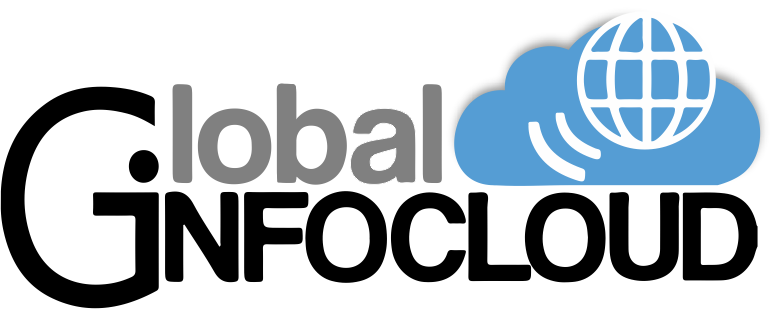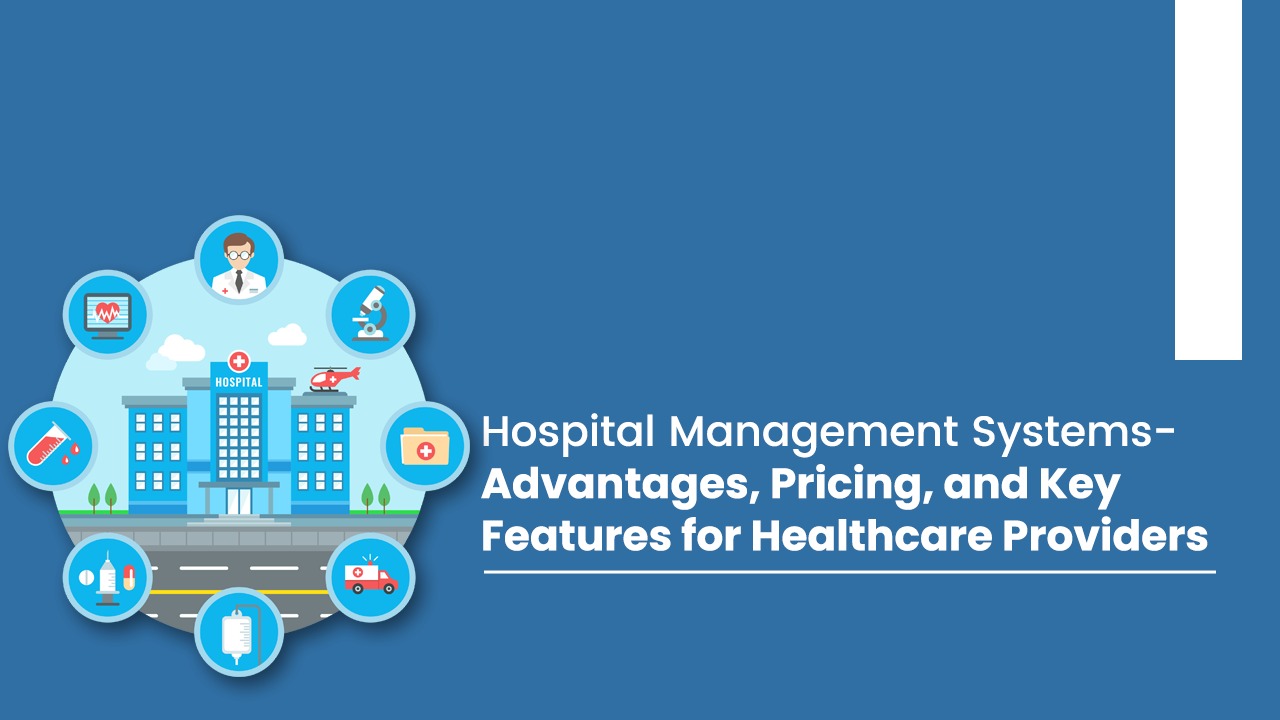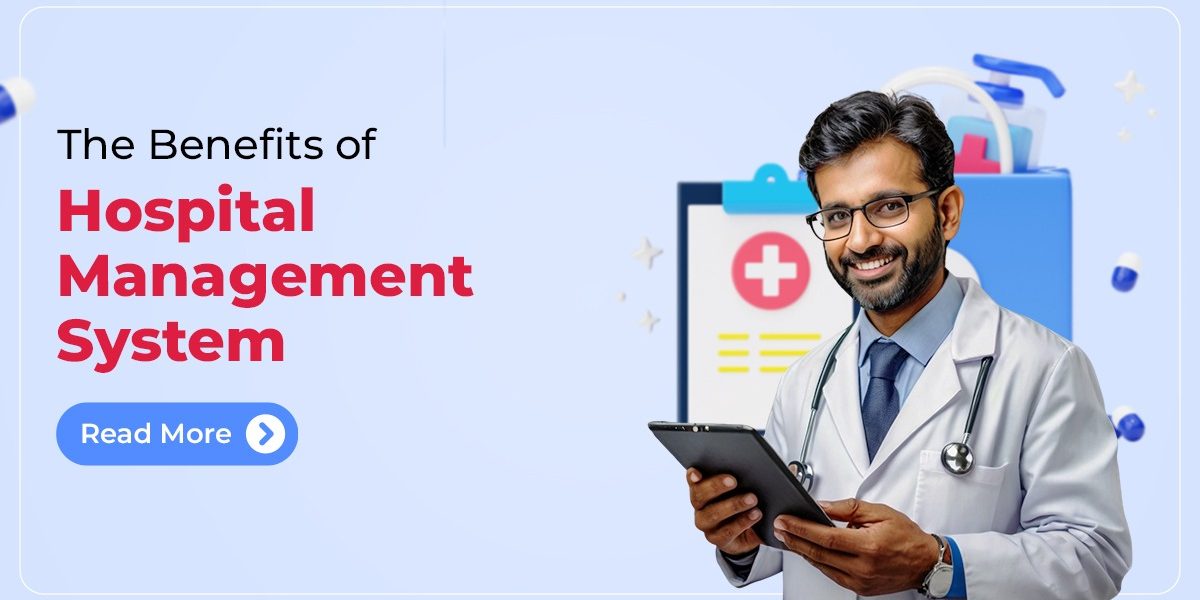Hospital management systems (HMS) have become indispensable tools for healthcare providers worldwide in today’s rapidly evolving healthcare landscape. These comprehensive software solutions aid in streamlining administrative tasks, improving patient care and the efficiency of healthcare facilities. In this blog, we will look at the benefits, pricing considerations, and features of hospital management systems. We will also shed light on how Global Infocloud is a market leader.
Advantages of Hospital Management Systems:
Improves Patient Care: Hospital management systems allow healthcare providers to keep patient records, including medical history, test results, and treatment plans, accurate and updated. This easy access to information allows healthcare professionals to make more informed decisions, which leads to better patient care and outcomes.
Enhances Efficiency: HMS reduces the burden of manual paperwork and time-consuming tasks by automating administrative processes such as appointment scheduling, billing, and inventory management. It improves the hospital’s overall operational efficiency.
Saves Cost: Implementing a hospital management system can result in significant long-term cost savings. Reduced paperwork, more efficient resources and better patient management all contribute to financial gains for healthcare providers.
Provides Data Security and Compliance: Hospital management systems are built to ensure data security and compliance with industry standards like the Health Insurance Portability and Accountability Act (HIPAA). It protects patient confidentiality and prevents unauthorised access to sensitive medical information.
Provides Real-time Reporting and Analytics: HMS provides real-time reporting and analytics capabilities to healthcare providers, allowing them to examine data trends, identify areas for improvement, and make data-driven decisions to improve hospital performance.
Pricing Considerations for Hospital Management Systems
The cost of hospital management systems varies depending on a number of factors, including the size of the healthcare facility, the number of users, and the extent of functionalities required. HMS providers typically offer pricing models based on the following:
Licencing Model: Some providers charge a one-time licencing fee that grants perpetual access to the software. Others use a subscription-based model, in which healthcare providers pay a monthly fee to use the system.
Customization: Because tailored solutions are designed to meet the specific needs of the healthcare facility, customization options may incur additional costs.
Support and Maintenance: Some providers include support and maintenance services in the initial price, whereas others charge an additional fee for ongoing assistance.
Scalability: As healthcare facilities grow and expand, the ability to scale the HMS in accordance with these changes may impact pricing considerations.
Key Features of Hospital Management Systems
Electronic Health Records (EHR): EHRs digitally store patient medical data, allowing healthcare personnel to access patient information anywhere within the hospital network.
Appointment Scheduling: Effective appointment scheduling features aid in managing patient appointments, reducing waiting times, and using healthcare resources.
Billing and Invoicing: Hospital management systems automate billing processes, generate invoices, and manage financial transactions to ensure patients are billed accurately and on time.
Pharmacy Management: HMS enables the hospital pharmacy to be managed seamlessly, including inventory control, prescription management, and drug interaction checks.
Laboratory Information System (LIS) Integration: LIS integration allows healthcare providers to access and manage lab test results.
Global Infocloud is the Best Hospital Management System Provider
Global Infocloud Pvt Ltd in Pune has established itself as a leading provider of hospital management systems for the following reasons:
Robust and Customizable HMS: Global Infocloud provides a feature-rich and customizable HMS to meet the specific needs of healthcare providers, ensuring optimal performance and efficiency.
Data Security and Compliance: By focusing on data security and compliance, Global Infocloud ensures that patient information is kept confidential and secure from potential breaches.
Excellent Customer Support and Training: Global Infocloud provides exceptional customer support and training to healthcare professionals, allowing them to fully use the hospital management system.
Scalability: Global Infocloud’s HMS improves with healthcare facilities, ensuring long-term viability and adaptability.
Conclusion
Hospital management systems have transformed the way healthcare providers provide patient care and run their businesses. These systems are invaluable assets for healthcare facilities due to their benefits of improved patient care, increased efficiency, cost savings, data security, and real-time analytics. Global Infocloud stands out as a hospital management system provider due to its robust, customizable solution, strong focus on data security, excellent support, and scalability. In the modern healthcare system, healthcare providers can elevate their services, streamline processes, and provide excellent patient care by implementing an efficient hospital management system.




